It is crucial, therefore, to provide your agents with the necessary training and tools to handle these calls effectively, leaving customers feeling acknowledged and valued. To accomplish this goal, we present seven training tips for call center agents to boost their capacity in delivering exceptional and valuable customer experiences.
Establish Clear Goals

To prevent employees from feeling stagnant in their roles, it is essential to establish clear goals and provide ample training opportunities. When contact center agents have well-defined objectives, they are more likely to feel motivated and engaged in their work. Alongside these goals, regular coaching sessions should be implemented to provide ongoing support and feedback.
This coaching not only enhances employee engagement but also contributes to improved agent performance. By combining clear objectives with continuous coaching, contact center supervisors can create an environment that fosters growth, development, and job satisfaction for their agents.
When setting objectives for your customer support team, it’s important to focus on key metrics that directly impact customer satisfaction and agent performance. Here are some common goals to consider:
Average wait time: Customers expect prompt service, so setting a goal for a maximum average wait time (such as five minutes or less) ensures that calls are answered in a timely manner.
Resolution time: This metric measures how quickly agents can resolve customer issues. By setting a target for resolution time, you encourage agents to efficiently address customer concerns and provide effective solutions.
Calls missed: For new hires or agents in a busy call center, missed calls can be a challenge. Setting objectives for reducing the number of missed calls motivates agents to improve their multitasking and organizational skills.
When establishing objectives, it’s crucial to ensure they are attainable and measurable. Unrealistic goals, such as aiming for zero missed calls for new agents, can lead to frustration and demotivation. By setting realistic objectives, you create a positive environment that promotes employee growth and satisfaction, ultimately benefiting both agents and customers.
Give Them Awareness about Knowledge Management Tools

Providing agents with easy access to a knowledge management system is crucial for delivering efficient and accurate customer support. By implementing internal tools like Confluence, Notion, or Bloomfire, agents gain access to a comprehensive database of guides and how-tos that they can search through during customer calls.
This digital knowledge repository allows agents to find answers to product questions they may not know off the top of their heads. Instead of relying on other team members for immediate assistance, agents can independently search for the information they need. This not only saves time but also empowers agents to handle customer inquiries more confidently.
Knowledge management tools play a crucial role in empowering support agents to deliver exceptional customer service. These tools serve as comprehensive databases of information, allowing agents to quickly search for answers to product questions or customer inquiries. With the ability to access a wealth of knowledge at their fingertips, agents can confidently address customer concerns without relying on assistance from colleagues.
Beyond the support team, knowledge management tools foster cross-functional collaboration. For example, product managers can use these tools to share important updates and releases, ensuring that agents are well-informed and capable of addressing customer inquiries related to new offerings.
By providing educational resources and promoting collaboration, knowledge management tools enable support agents to enhance their knowledge, improve customer service, and boost overall team performance. The result is a more efficient and effective support operation that consistently delivers value to customers.
Apply Shadowing Program to Train Agents

Implementing a shadowing program in call center training can be an effective method for developing new agents’ skills. By pairing them with seasoned agents, new hires have the opportunity to observe and learn from experienced professionals. One approach is to allow new agents to listen in on live customer calls, enabling them to witness firsthand how expert agents handle different customers and situations. This experience provides valuable insights into effective communication and problem-solving techniques.
Incorporating shadowing programs also entails the review of previous call records that demonstrate exceptional customer service experiences. By selecting specific calls that demonstrate successful handling of various situations and problems, trainers can target areas for improvement and provide focused training to address agents’ weaknesses.
Shadowing not only helps new agents acquire the necessary skills and knowledge but also exposes them to the effective use of call center tools and software. By observing how experienced agents leverage technology to enhance the quality and efficiency of their support, new hires can gain practical insights into maximizing the benefits of these tools.
By incorporating shadowing programs into call center training, organizations can promote continuous learning, enhance agent performance, and ultimately deliver exceptional customer service.
Give Them Knowledge of Your Business

Customer knowledge is crucial for contact center managers to improve service quality and drive revenue growth. Gathering customer insights through surveys, feedback, and data analysis helps understand their needs and preferences. Using this knowledge, managers can enhance agent training, optimize operations, and implement technologies to deliver personalized experiences.
Monitoring key performance indicators allows continuous improvement and ensures customer satisfaction and loyalty, leading to business success and a competitive edge in the market.
Appreciate Agents on Positive Customers Feedback

Recognizing exceptional customer support publicly is a powerful way to motivate and inspire your contact center team. When customers share positive feedback make it a point to announce and celebrate these experiences within the group. Displaying such feedback on an overhead call board monitor and a dedicated ‘shout out’ bulletin board in your workspace creates a sense of pride and encourages agents to strive for excellence.
By highlighting and appreciating outstanding customer support, you foster a positive work environment, boost morale, and reinforce the importance of delivering exceptional service to every customer interaction.
Lunchtime Learning Sessions

Introducing lunchtime learning sessions is an excellent way to foster a vibrant and engaged contact center team. By allowing staff to volunteer and present on topics of their choice, you not only create an opportunity for personal growth but also encourage team members to share their passions and expertise. These sessions can cover a wide range of subjects, even if they’re not directly work-related, providing a refreshing break and an opportunity to explore new interests.
The energy and enthusiasm shared during these sessions can have a positive impact on team dynamics, boost morale, and create a sense of camaraderie among colleagues. Lunchtime learning sessions not only enhance knowledge and skills but also create a stimulating and engaging environment that contributes to the overall success of the contact center.
Offer Incentives

Implementing a monthly incentive program is a great way to motivate call center agents and promote team collaboration. By offering incentives for meeting team goals, such as restaurant vouchers, you create a sense of healthy competition and encourage agents to strive for excellence. These incentives can serve as recognition for their hard work and dedication, fostering a positive and rewarding work environment. Agents will feel motivated to perform at their best, knowing that their efforts are acknowledged and rewarded.
Additionally, the element of prize draws adds an element of excitement and anticipation among the team members. This not only boosts individual performance but also promotes team cohesion as agents work together to achieve their collective goals. Incentives help create a culture of success and inspire agents to consistently deliver exceptional customer service.
Conclusion

Implementing call center customer service best practices is essential for ensuring exceptional customer experiences and maximizing business success. By focusing on training and development, providing tools and resources, recognizing and rewarding performance, and fostering a positive work environment, call center managers can empower their agents to deliver outstanding service. From active listening and empathy to effective problem-solving and continuous improvement, these best practices enhance customer satisfaction, increase agent productivity, and drive customer loyalty.
By investing in the growth and well-being of call center agents, organizations can create a customer-centric culture and achieve long-term success in the competitive landscape. Embracing these best practices not only benefits customers but also cultivates a motivated and engaged workforce, leading to positive business outcomes.




